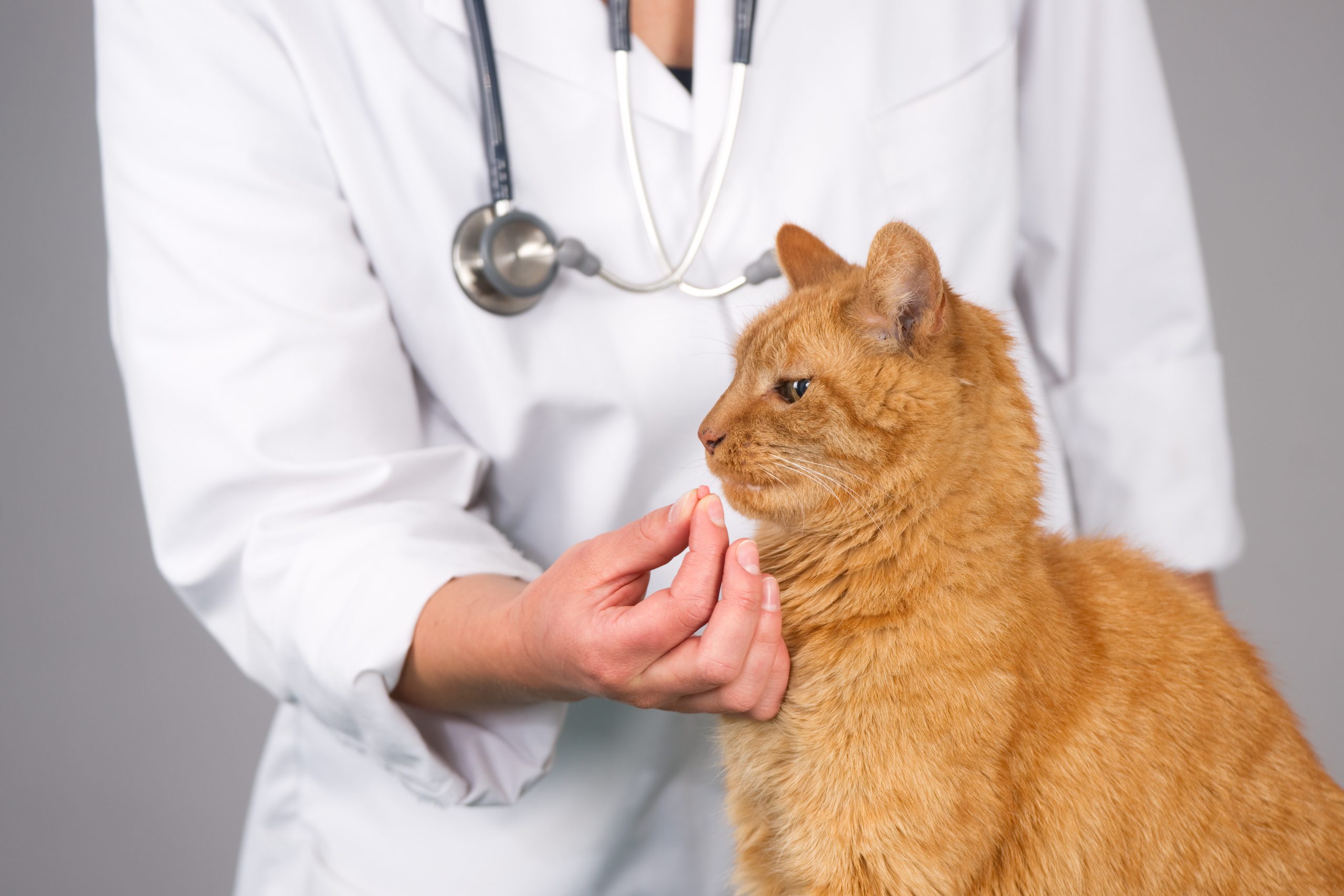
Giving tablets and oral medications to your dog and cat can sometimes be a nightmare, and some pets will not accept tablets no matter what you do! They can sniff out a tablet in the tastiest bowl of food no matter how well you think that you’ve disguised it, but most dogs can be bribed in the end with a really tasty piece of meat or cheese. Cats are a different matter, however. Your normally sweet cat can turn into a feisty bundle of teeth and claws when the tablets appear.
This article was written by our resident vet and compiles responses previously given to this question. We, therefore, hope that it will help you if you have such a pet and try to make tablet giving a little bit less stressful for you and your pet.
Tips for giving oral medication to your pet:
Keep your pet hungry
This can help a lot with a greedy cat or dog and will often mean they will take a tablet in a tasty treat. Cut down their daily ration by a third the night before and don’t give them anything else until they need their tablet the next morning. Offer them the medication wrapped in some cheese, sausage, ham or chicken before their breakfast. If they are really hungry they will often eat it. Once they’ve eaten it they can have their normal ration.
Feed them from your plate
Pets will often be very happy to take something from you when you are eating a meal that they would otherwise not eat, as they see it as a treat. If you do not want to encourage begging, then save some meat until the end of the meal and put it on the floor when you have finished. Give them one piece without the pill in first and then when they come back for more try a piece with the pill hidden in.
Use very smelly food
Very smelly food like sardines will help disguise the smell of the medication. Some worming powders can be put in the fridge beforehand as chilling them will reduce their flavour. Warming up the food you are going to use to wrap up the tablet with can increase its smell and will make it more likely to overpower the smell of a tablet.
Smear pastes on the front paws
Some medications come in paste form and cats often resent this being put into their mouths. Since they are normally fastidious about grooming if you smear it on their front paws they will often lick it off. Small tablets can be crushed into butter or cream cheese and smeared on the paws too. Make sure that the tablet is suitable for crushing before you do this though.
Buy a pill giver
Pill givers are an essential piece of equipment if you need to give your feisty pet tablets regularly, and it will save you from being bitten. If you have a small dog or cat wrap them in a towel. Place them in the middle of the towel and wrap it tightly around both sides of their body ensuring that they cannot get their legs out. If you are right handed hold their head with your left hand on the hard part of their skull just behind their eyes. Tilt their head back until their jaw drops open. Insert the pill giver over the top of their tongue to the back of their mouth and push the end to release the pill. Continue to hold onto your pet’s head until they have swallowed. Cats will stick out their tongue when they swallow. You can also put water in the pill giver and syringe a bit of water down. Make sure you point the pill giver to the roof of the mouth so that your pet does not choke.
Ask your vet to do it!
Most vets will have a nurse that can help you administer tablets to your pet. If nothing else, they will see how hard it is for you and may suggest another form of medication.
How to worm your pet
If you are trying to worm your pet then there are now suitable spot on treatments for both dogs and cats. You may have to apply two spot on treatments to treat both round and tapeworm. Check the packaging to find out what the spot on treats or ask your vet for help.
How to administer antibiotics
If your pet needs antibiotic treatment, then often there are ways around giving tablets. There is a long-acting antibiotic injection which will last for 2 weeks in cats meaning that as long as your cat does not have an infection necessitating a specific antibiotic you should no longer need to struggle to give tablets.
